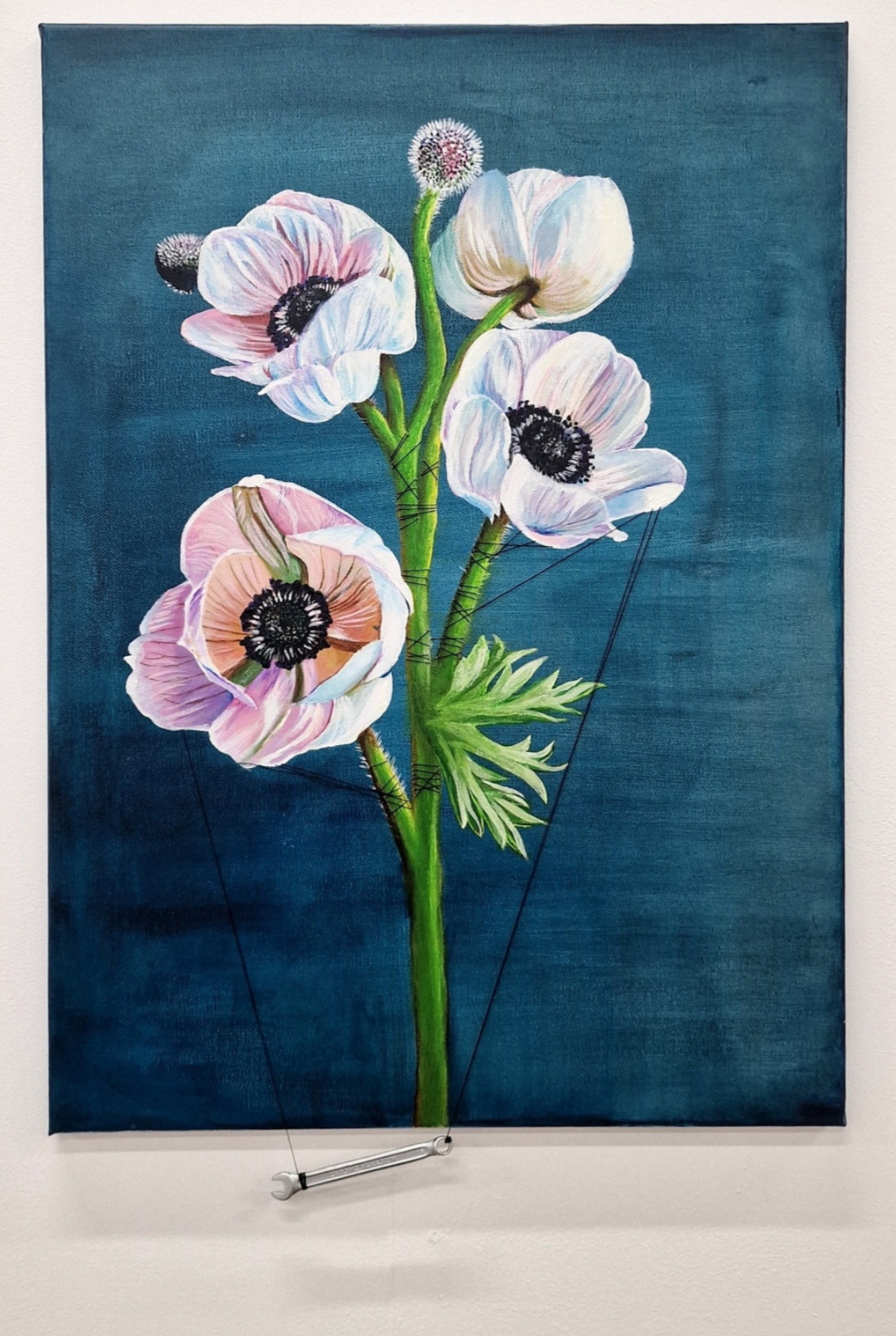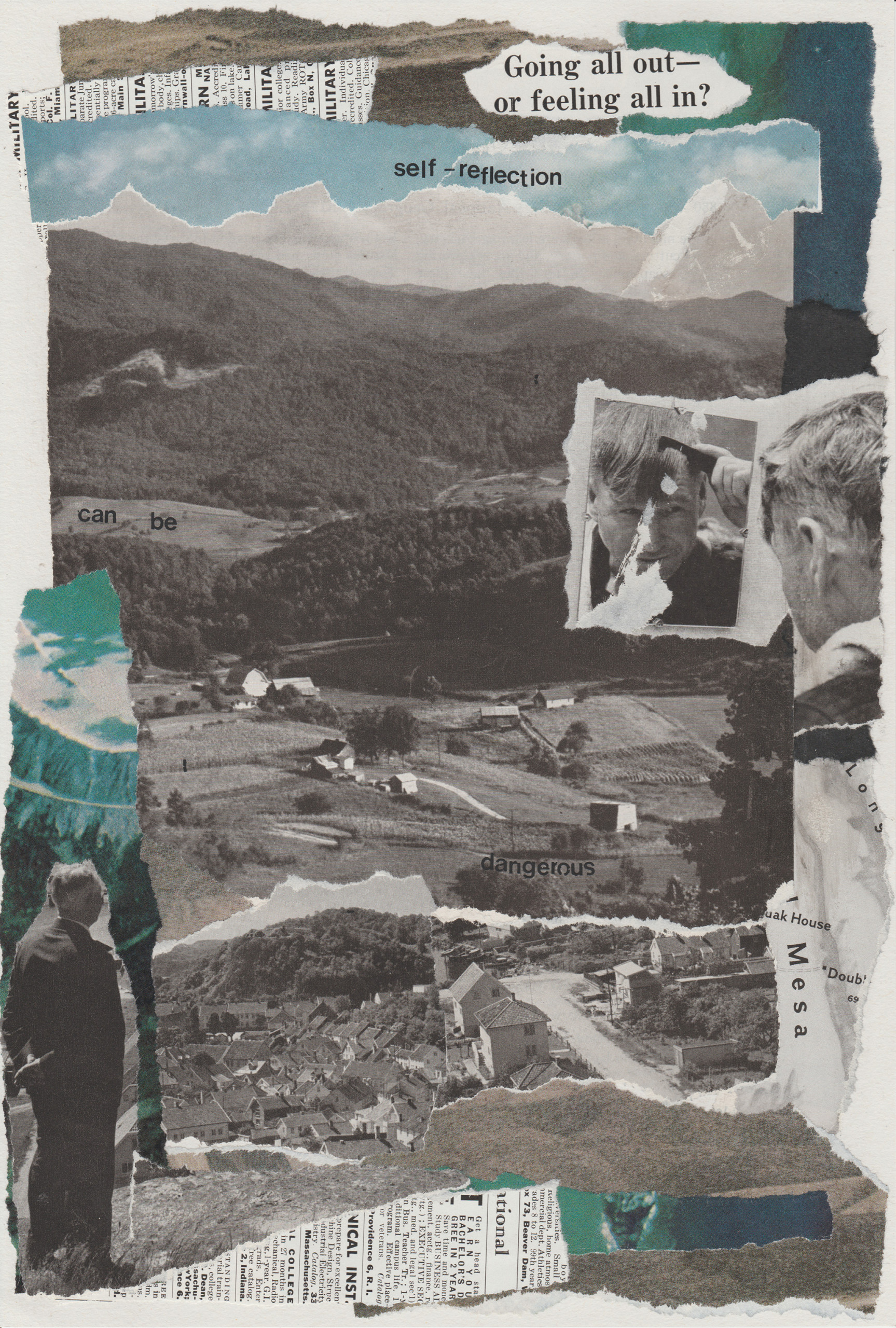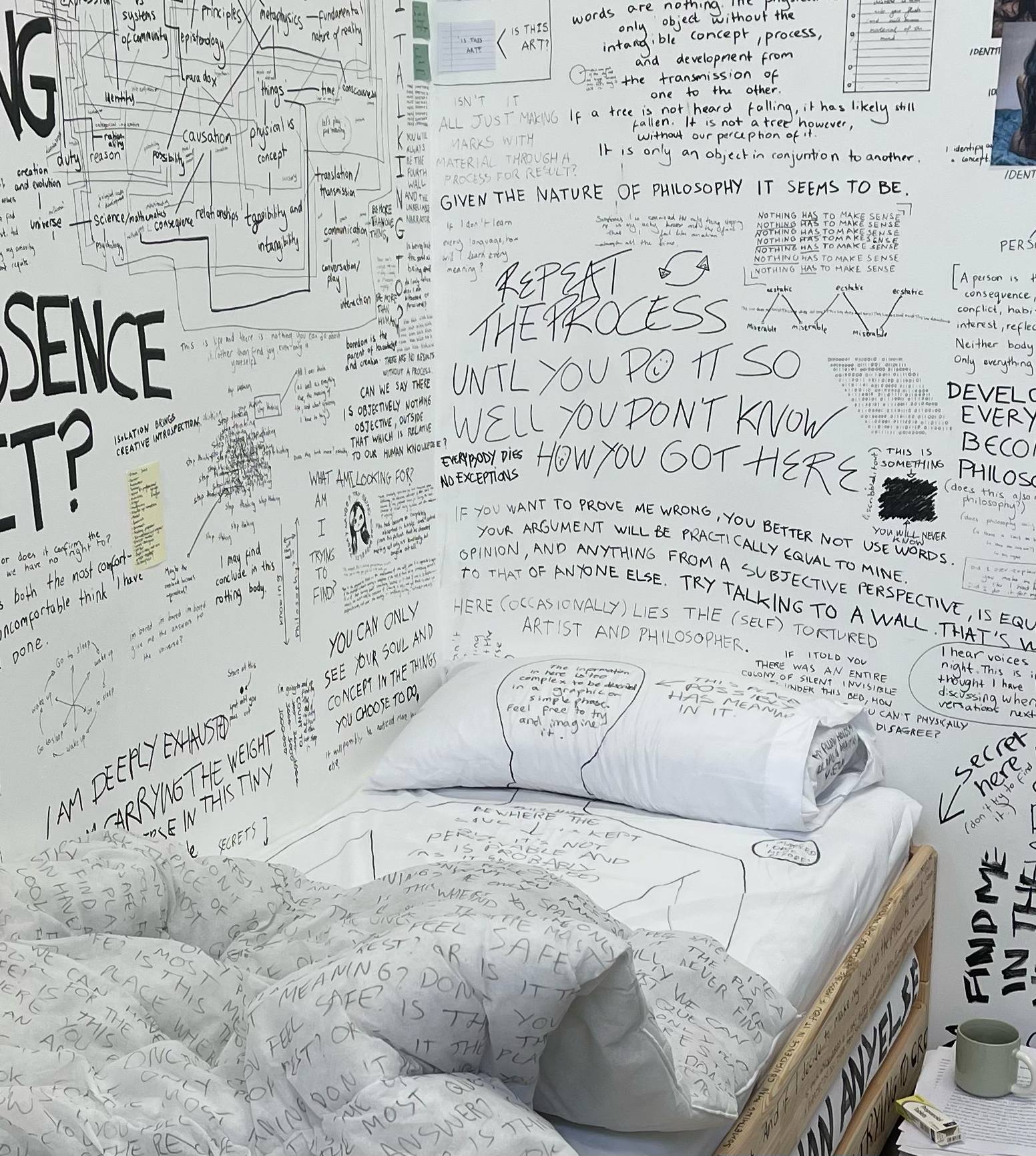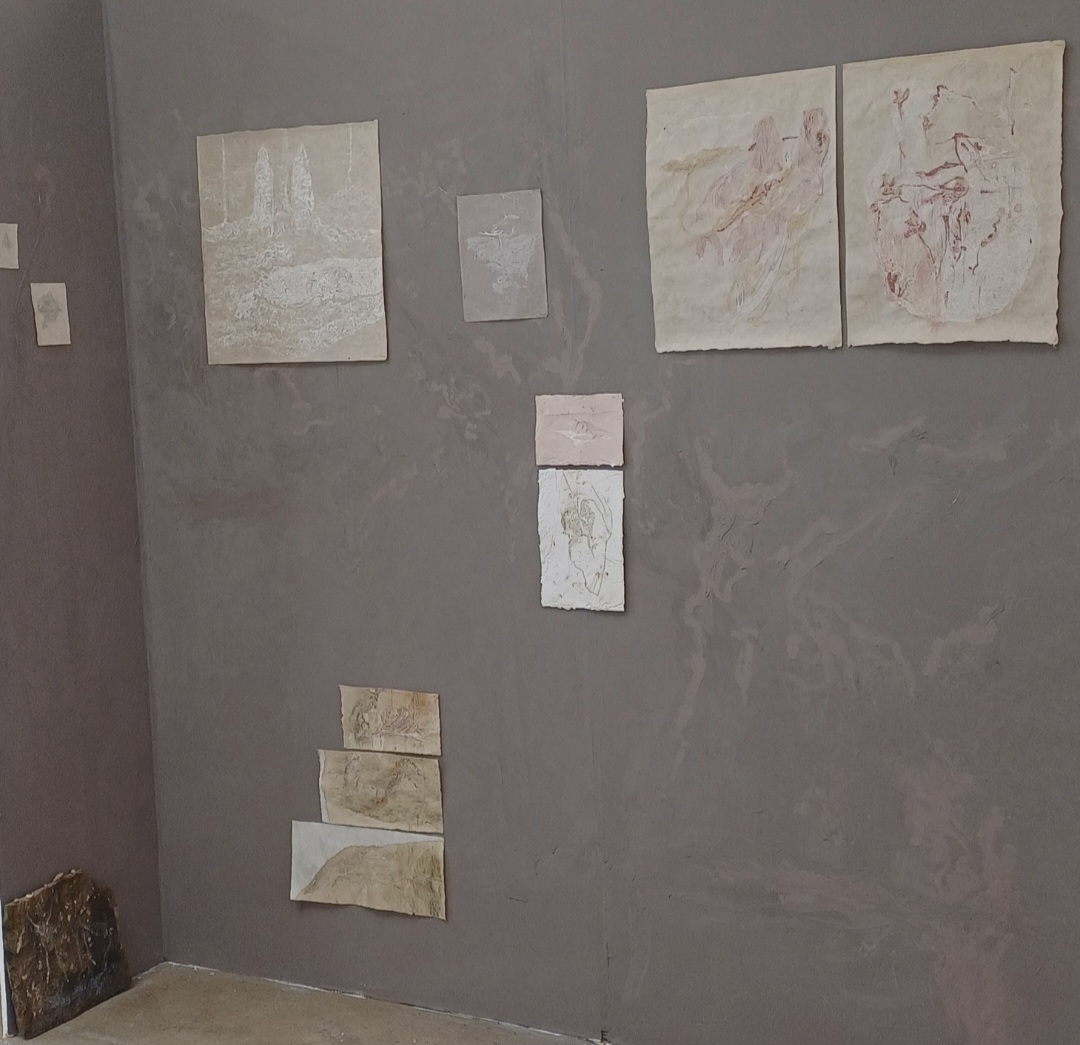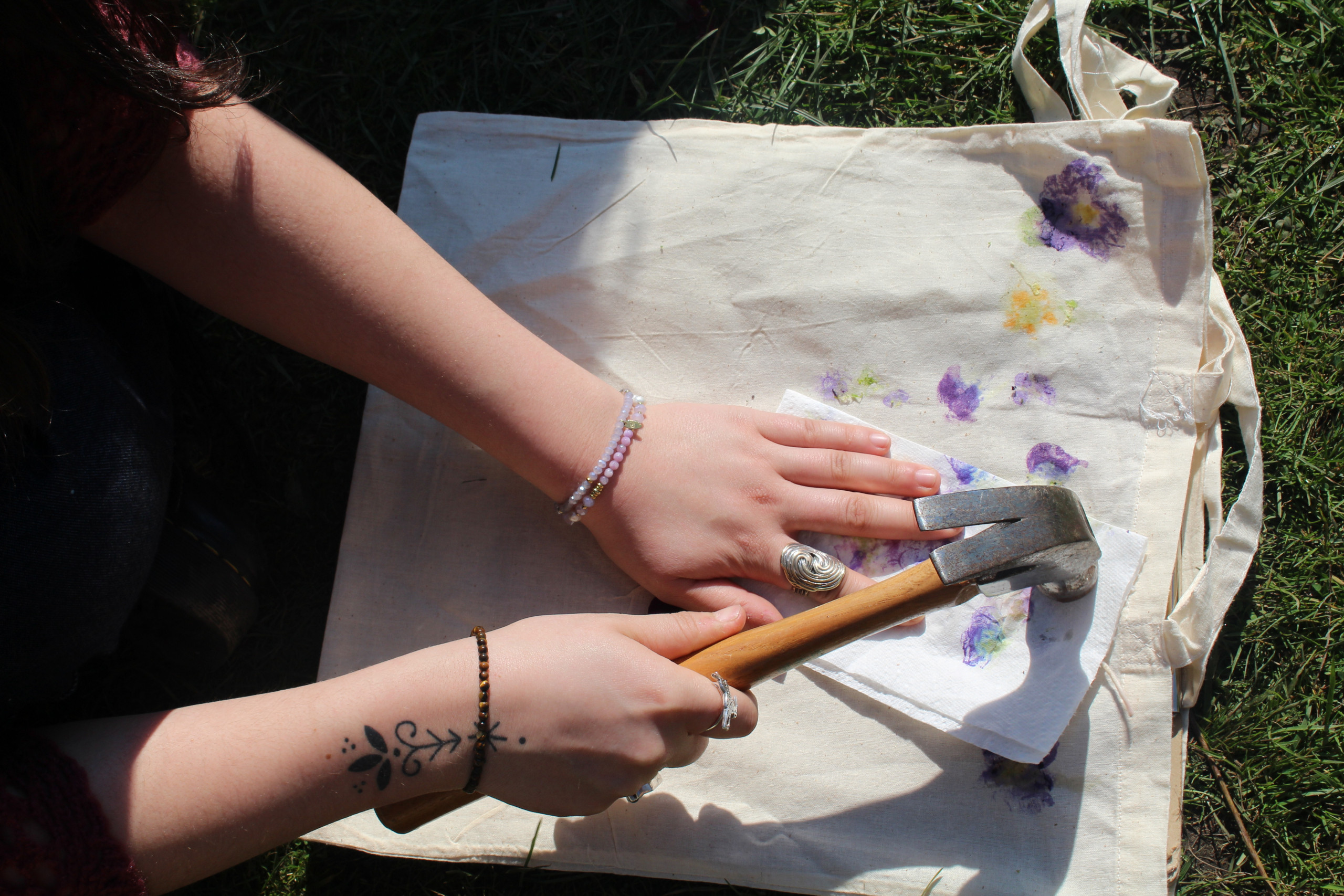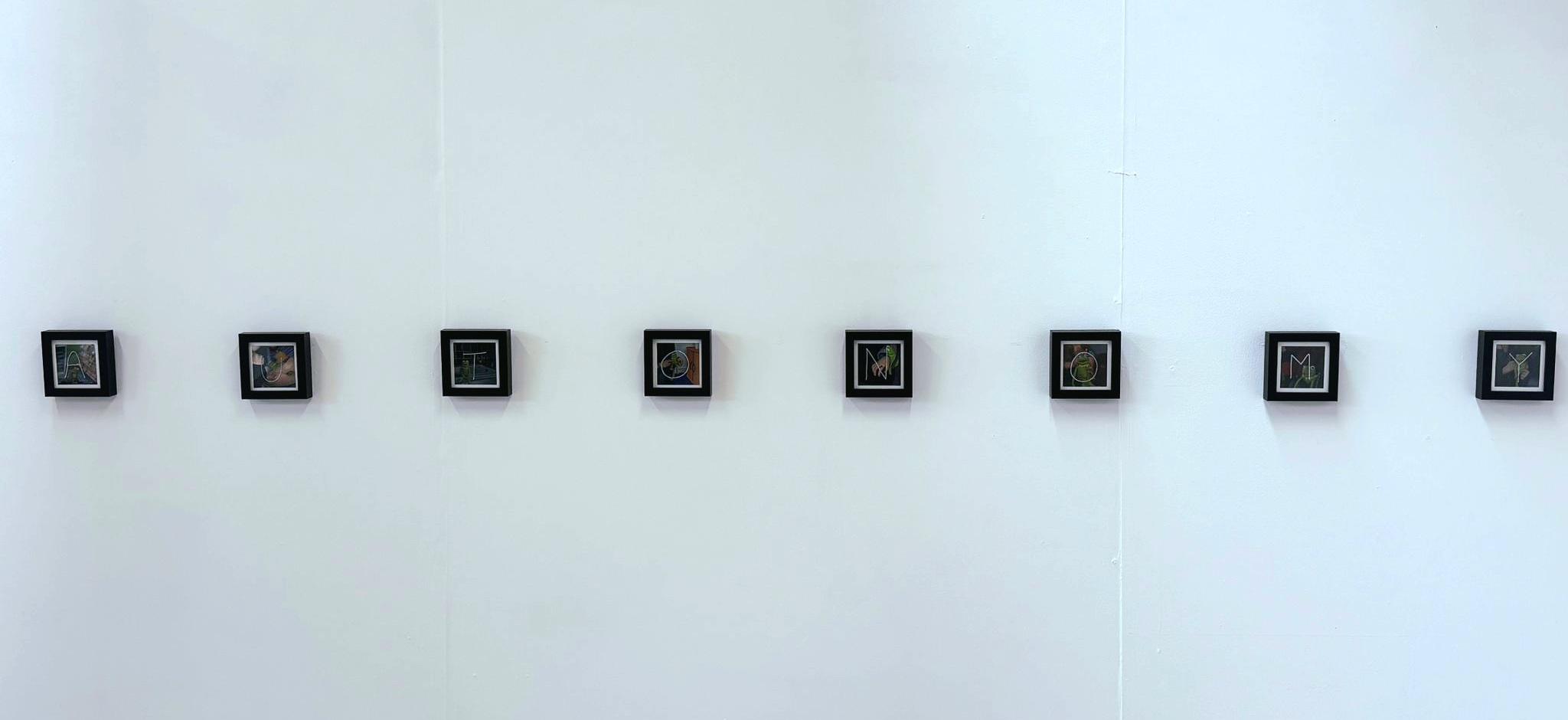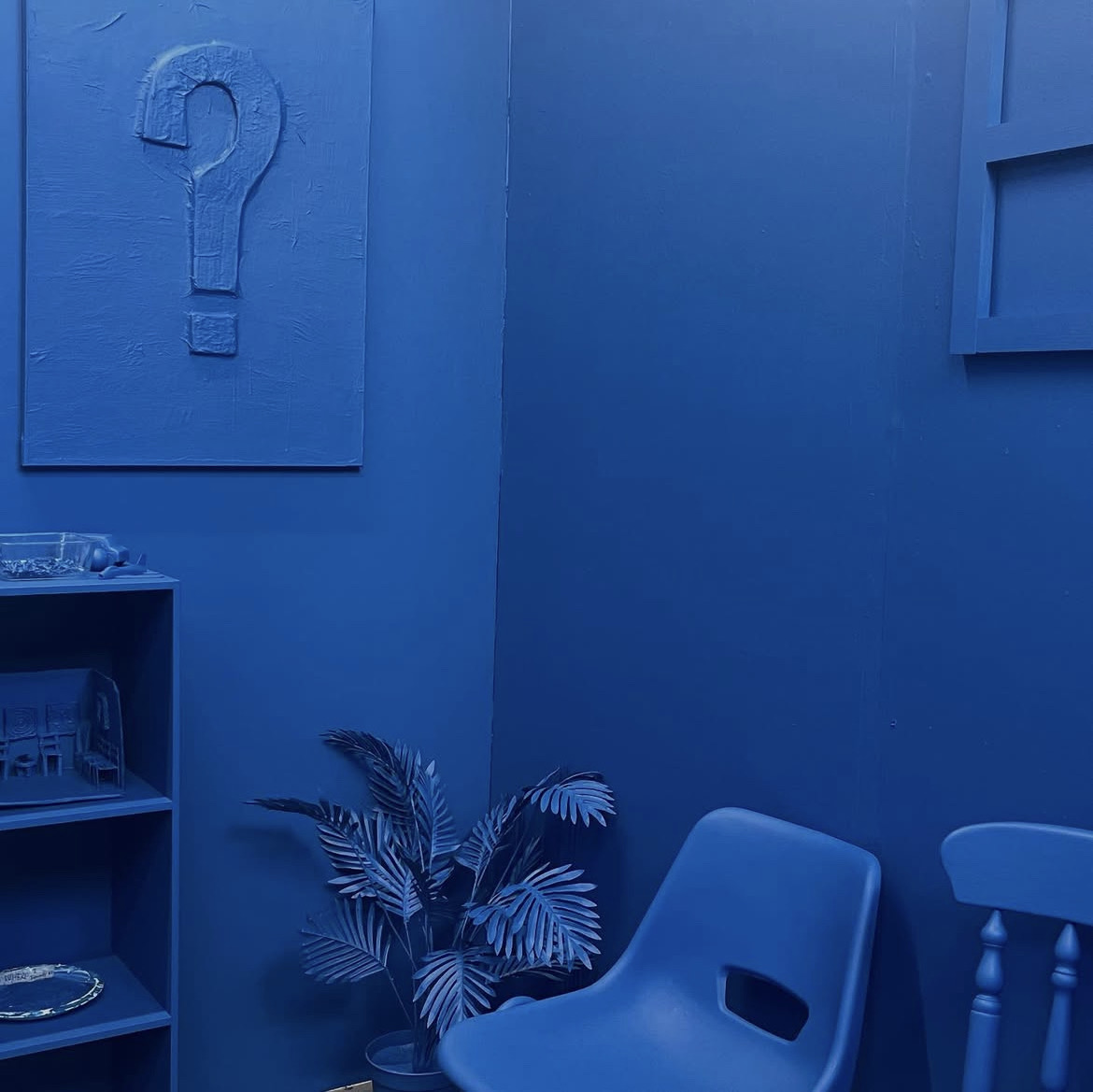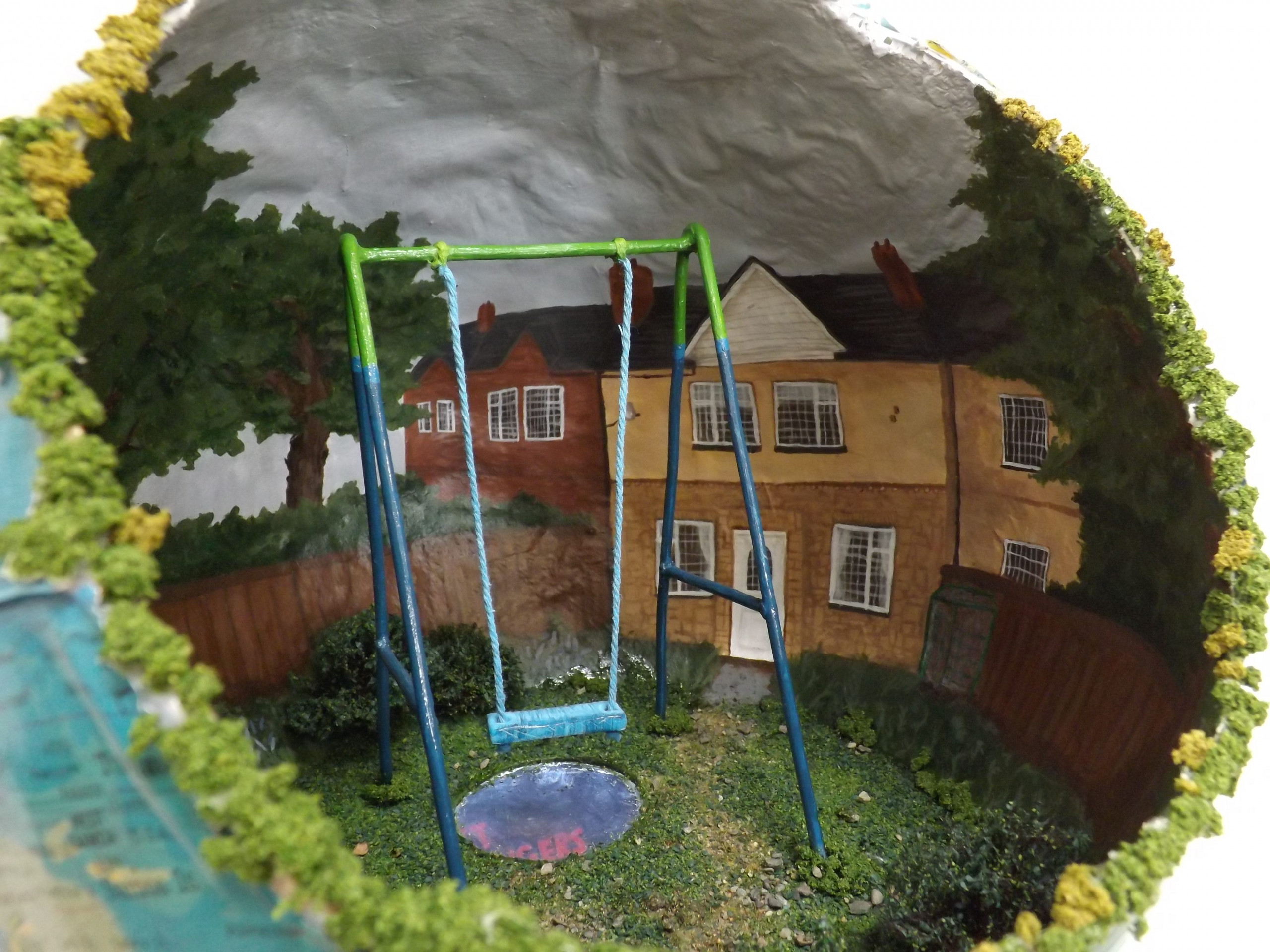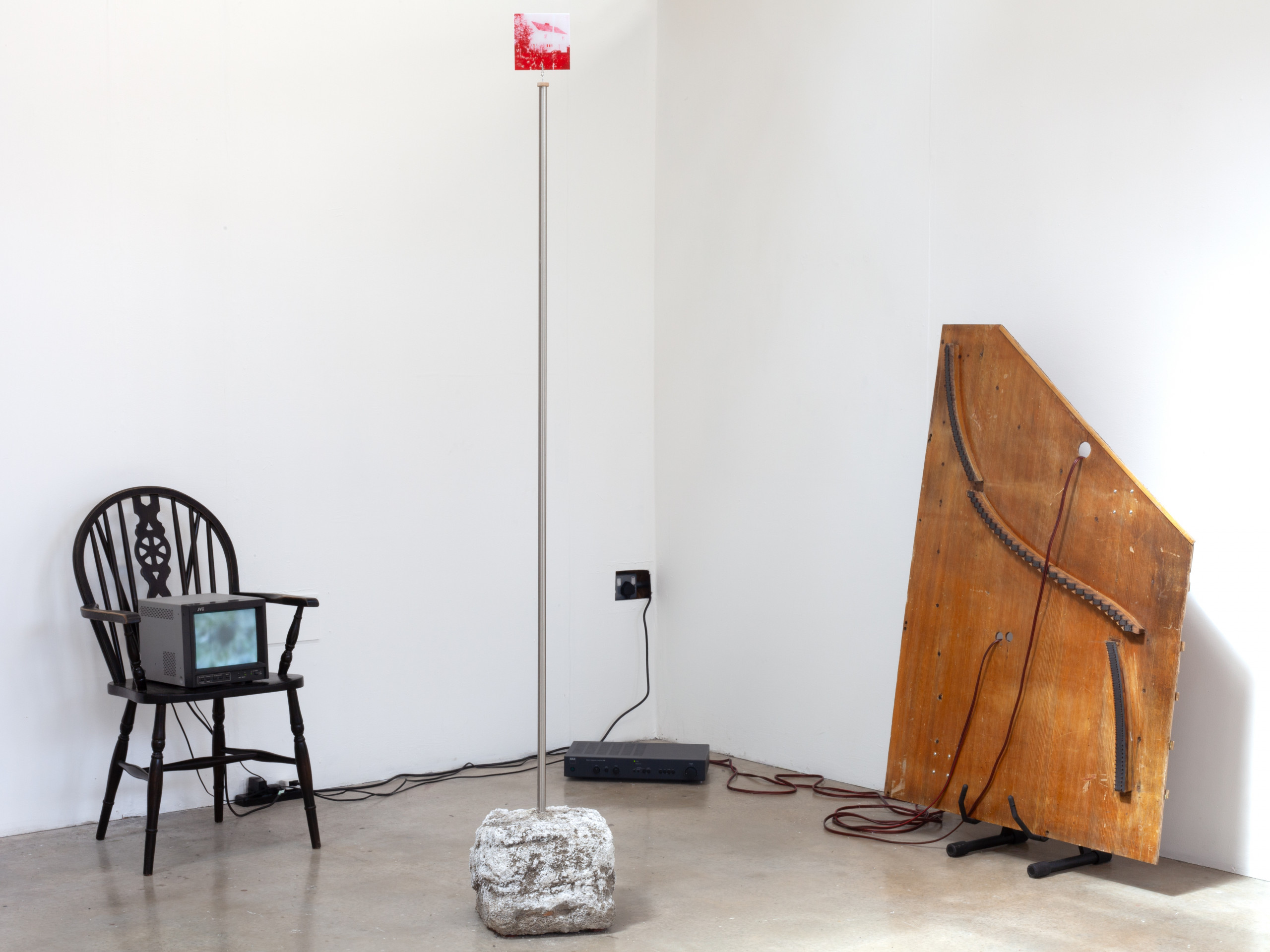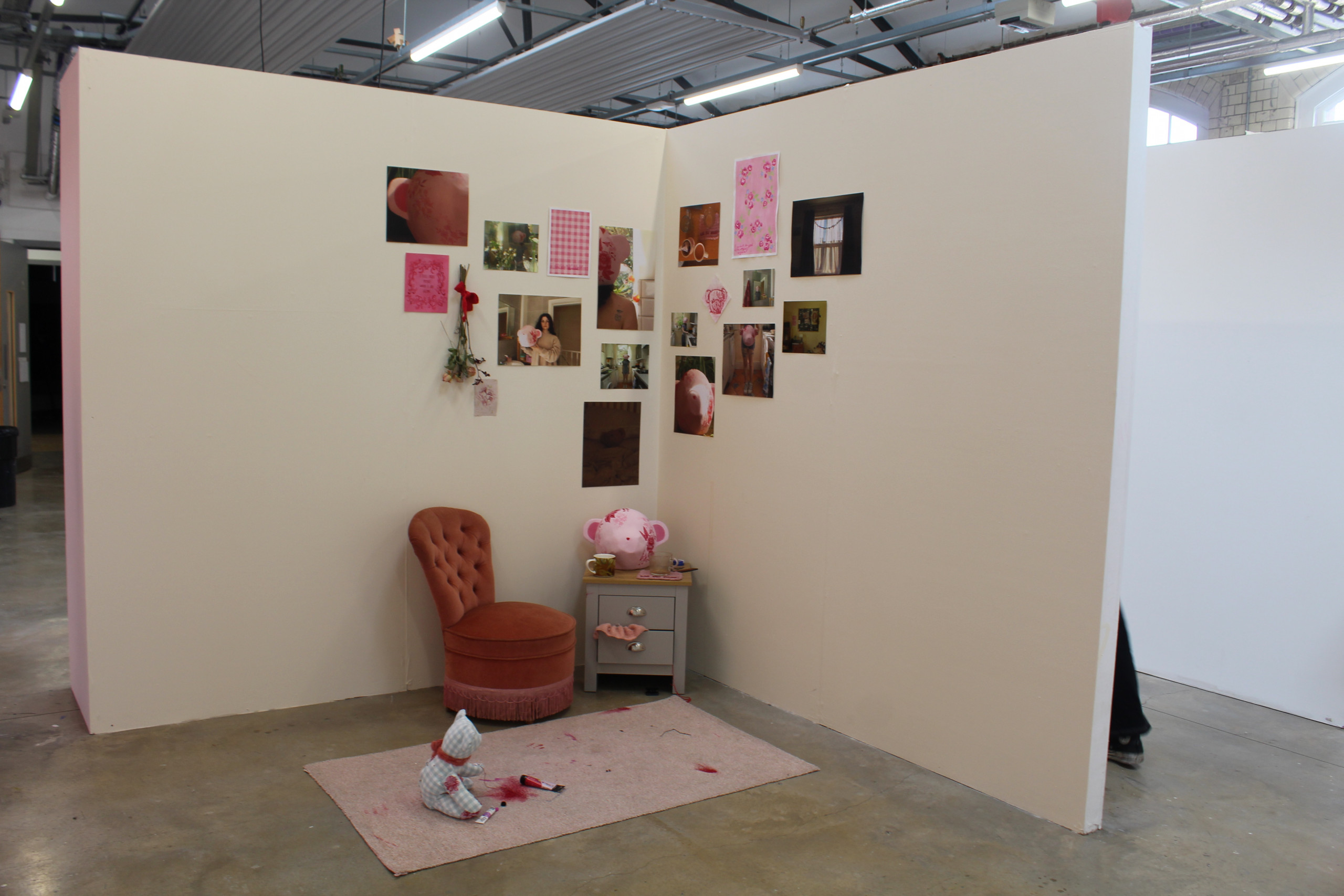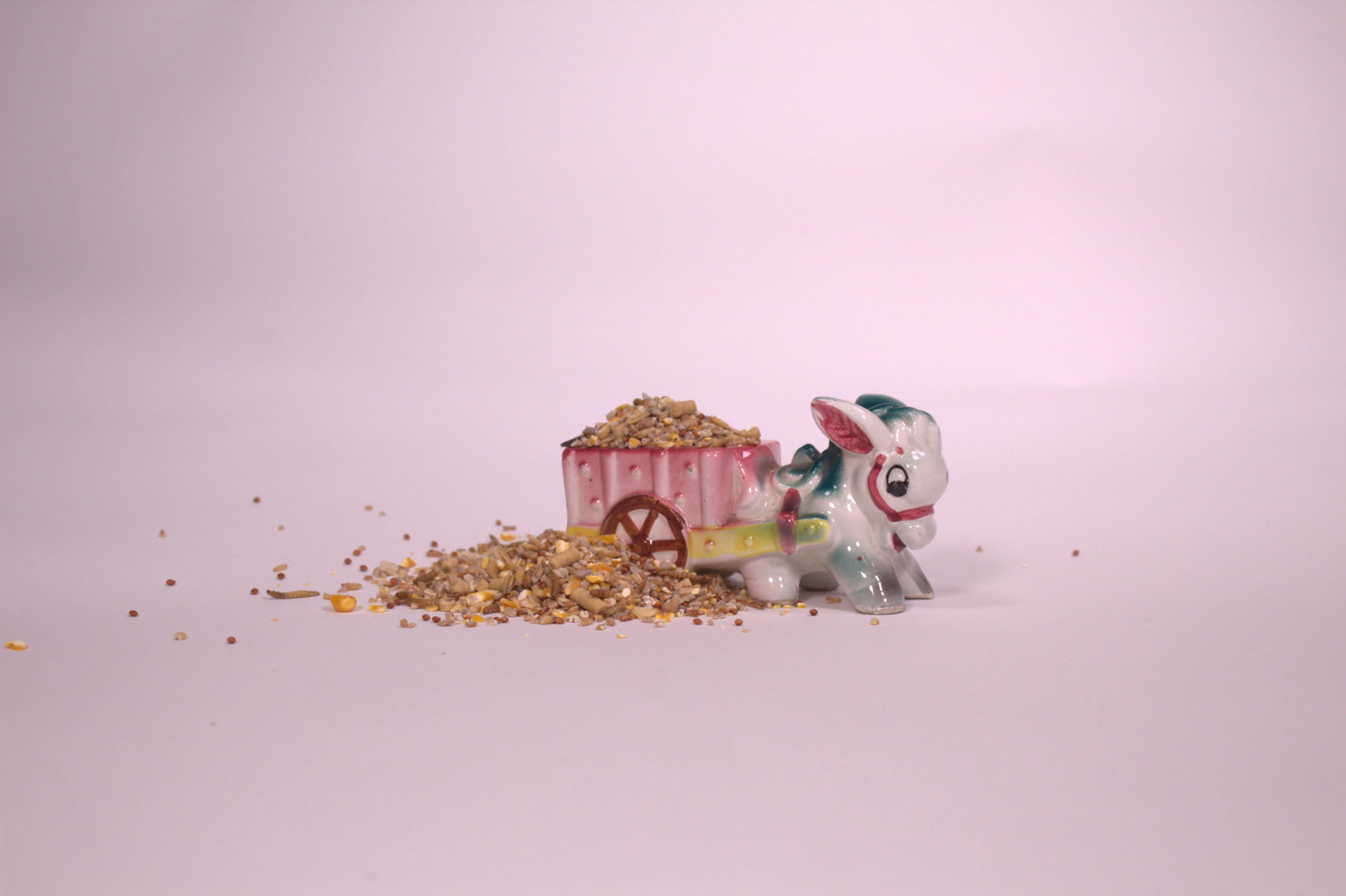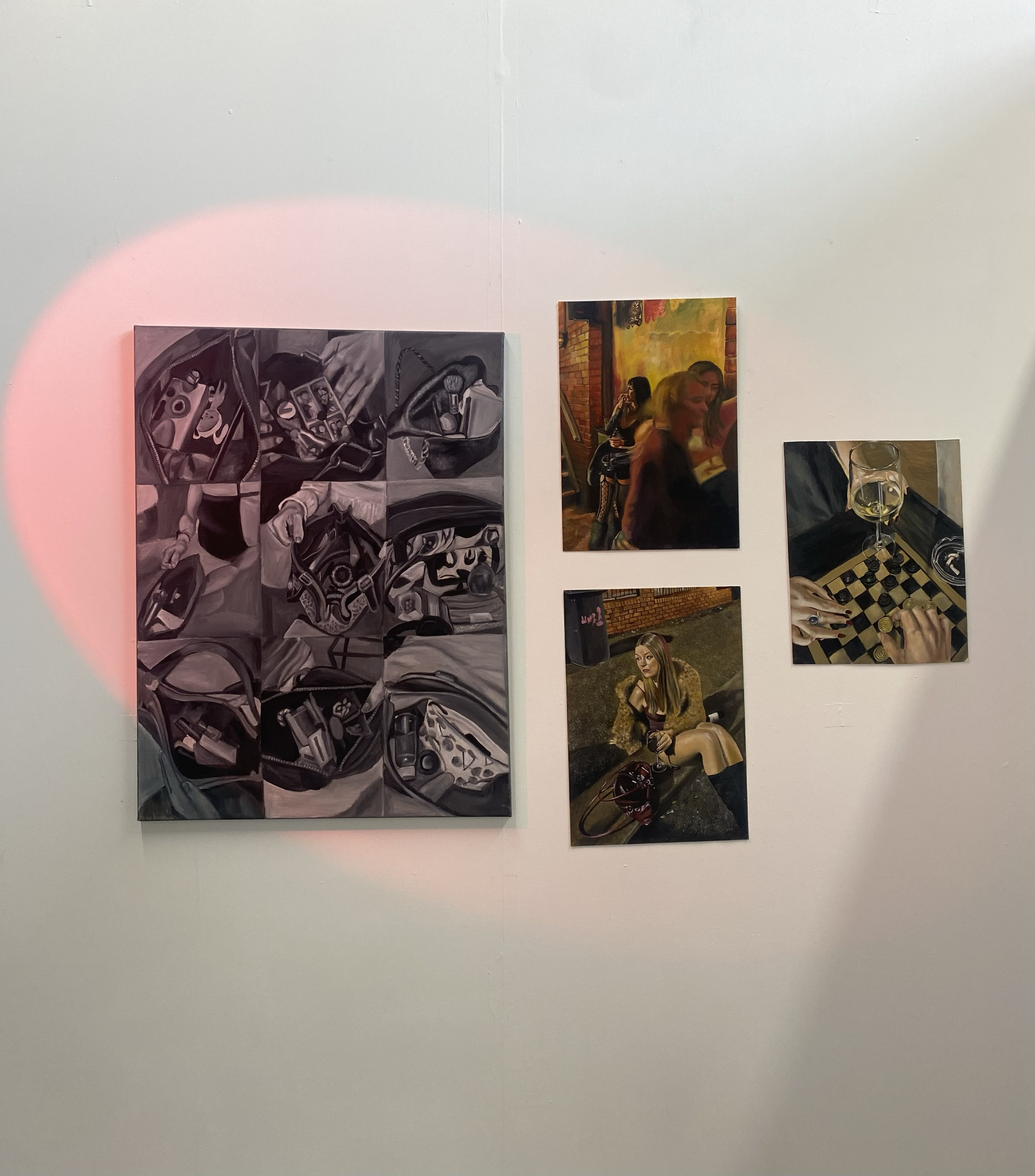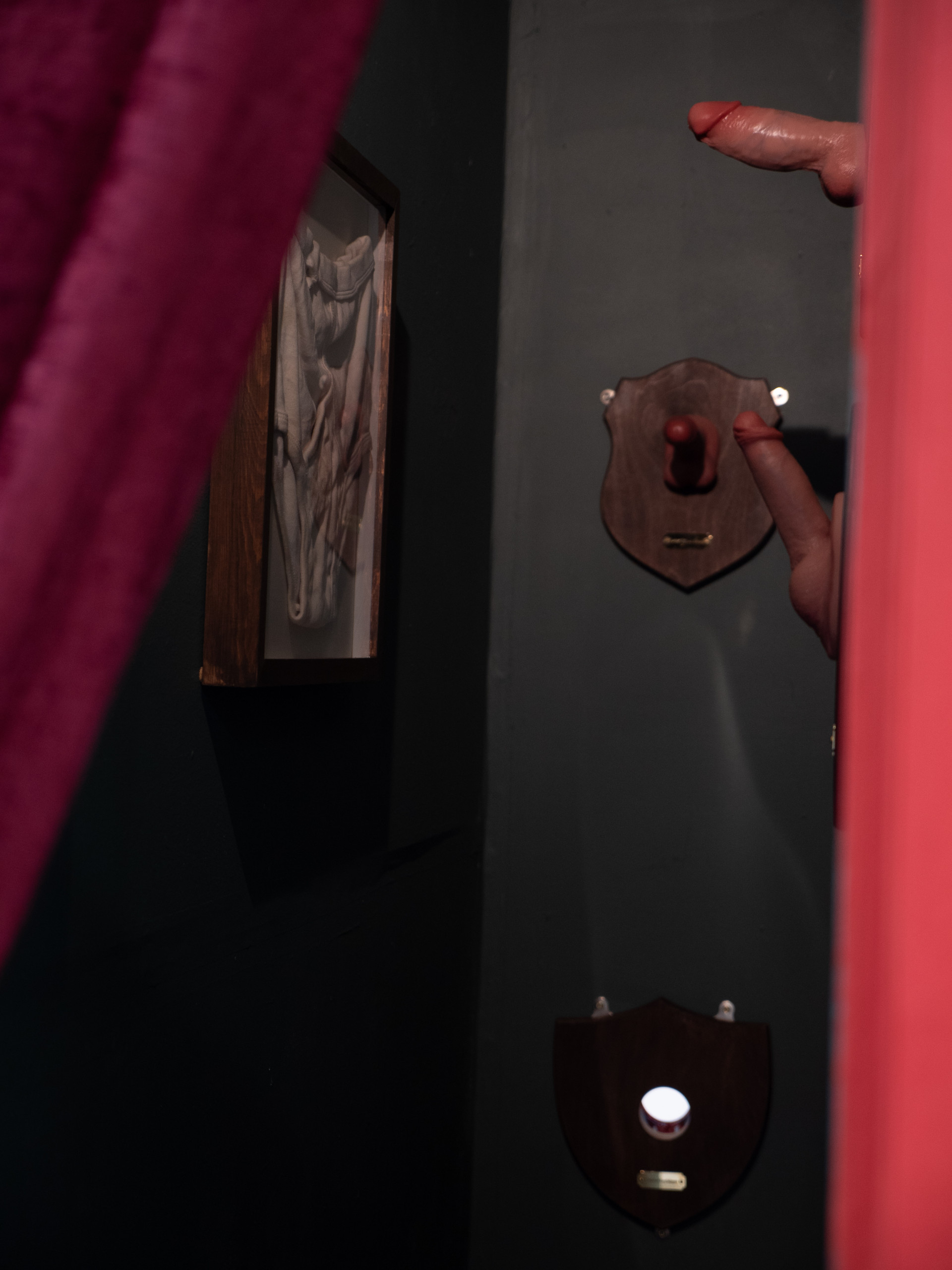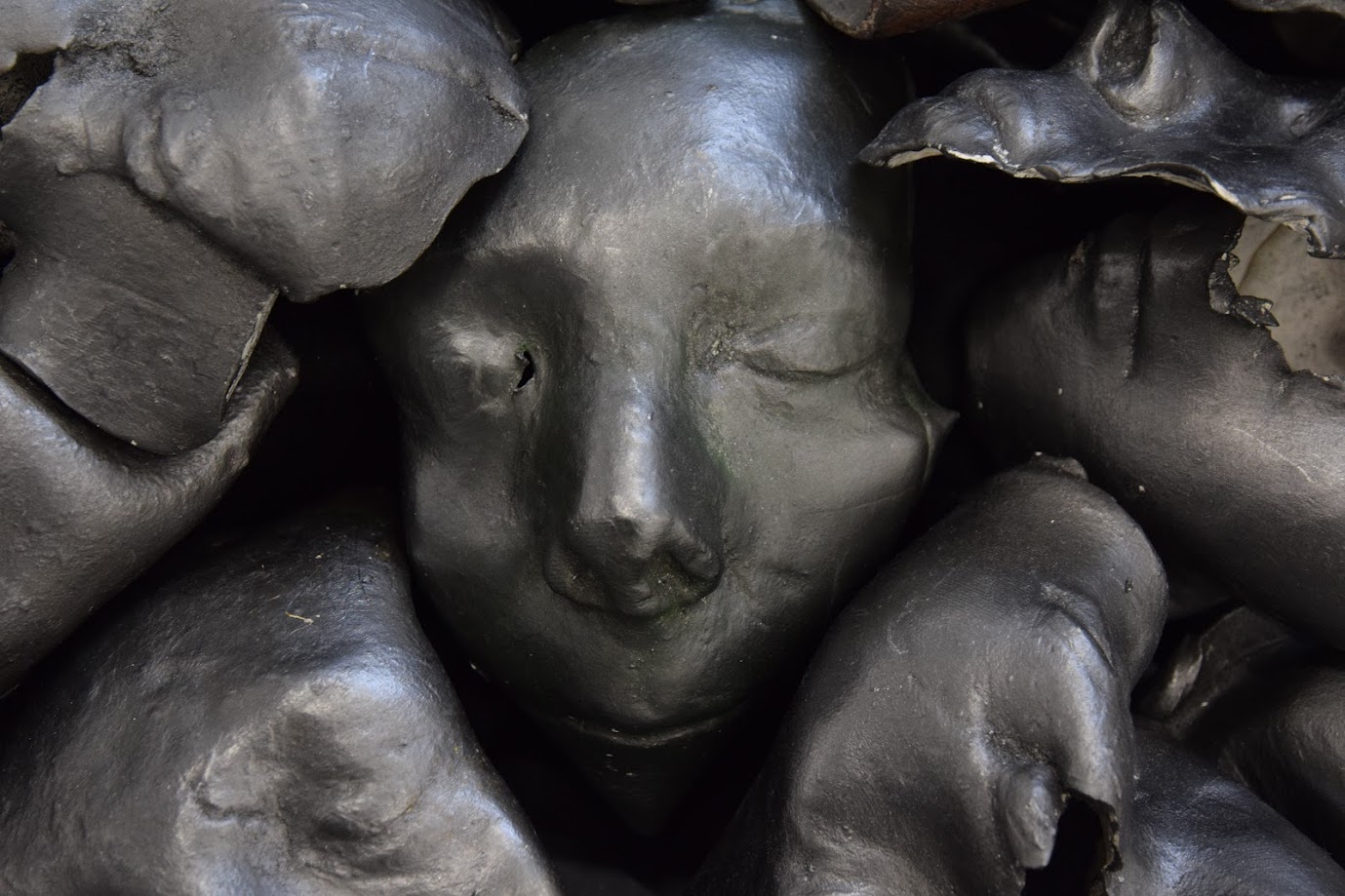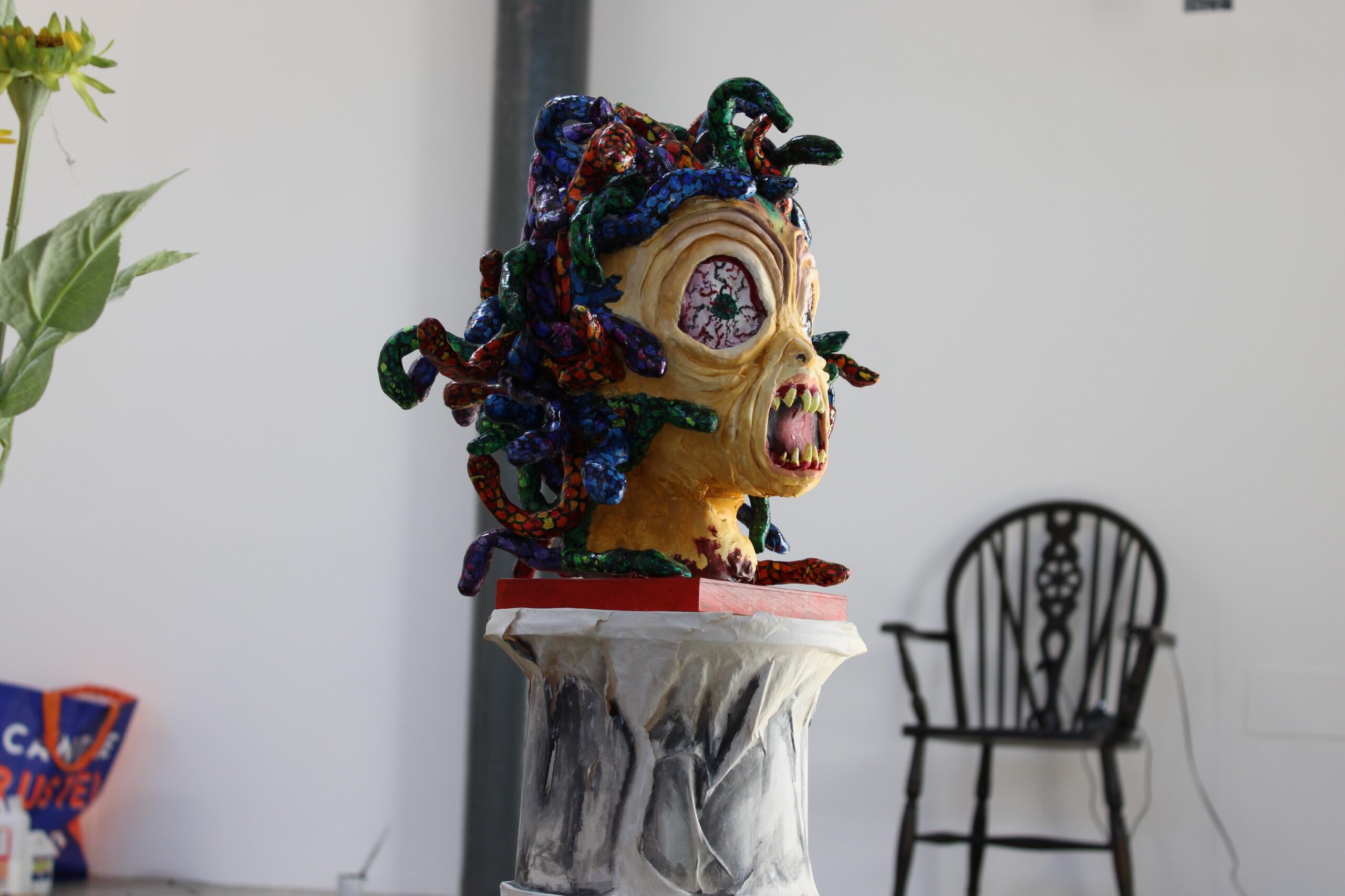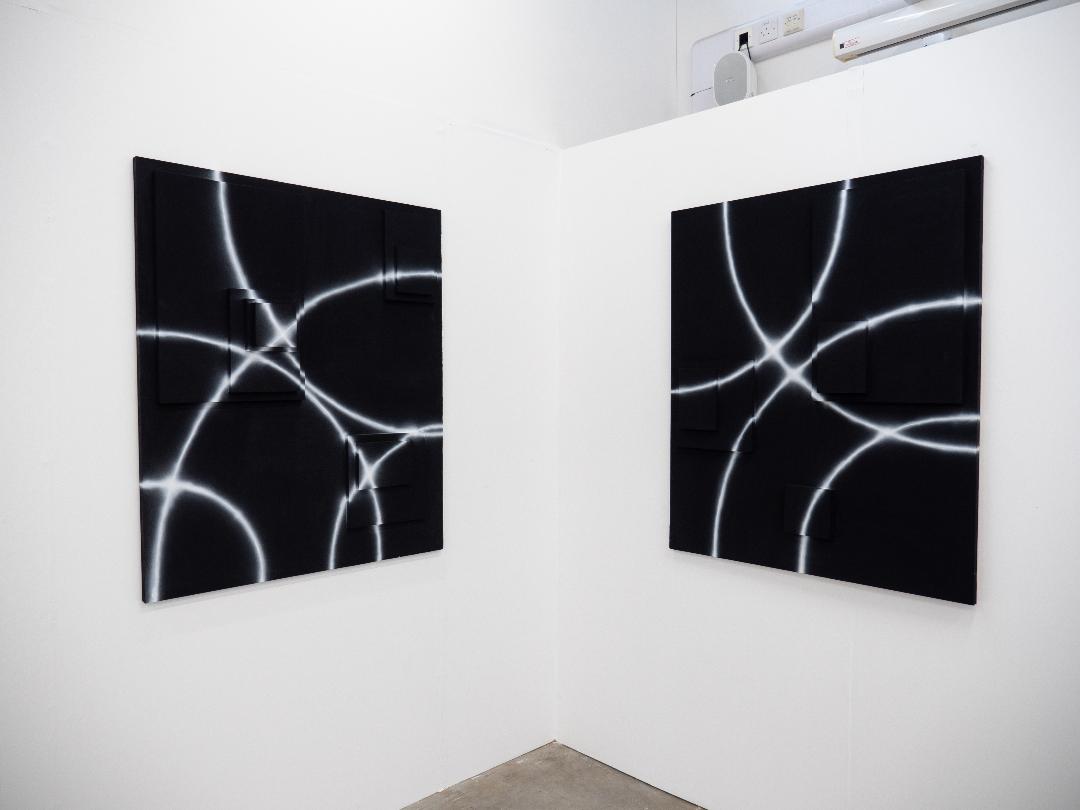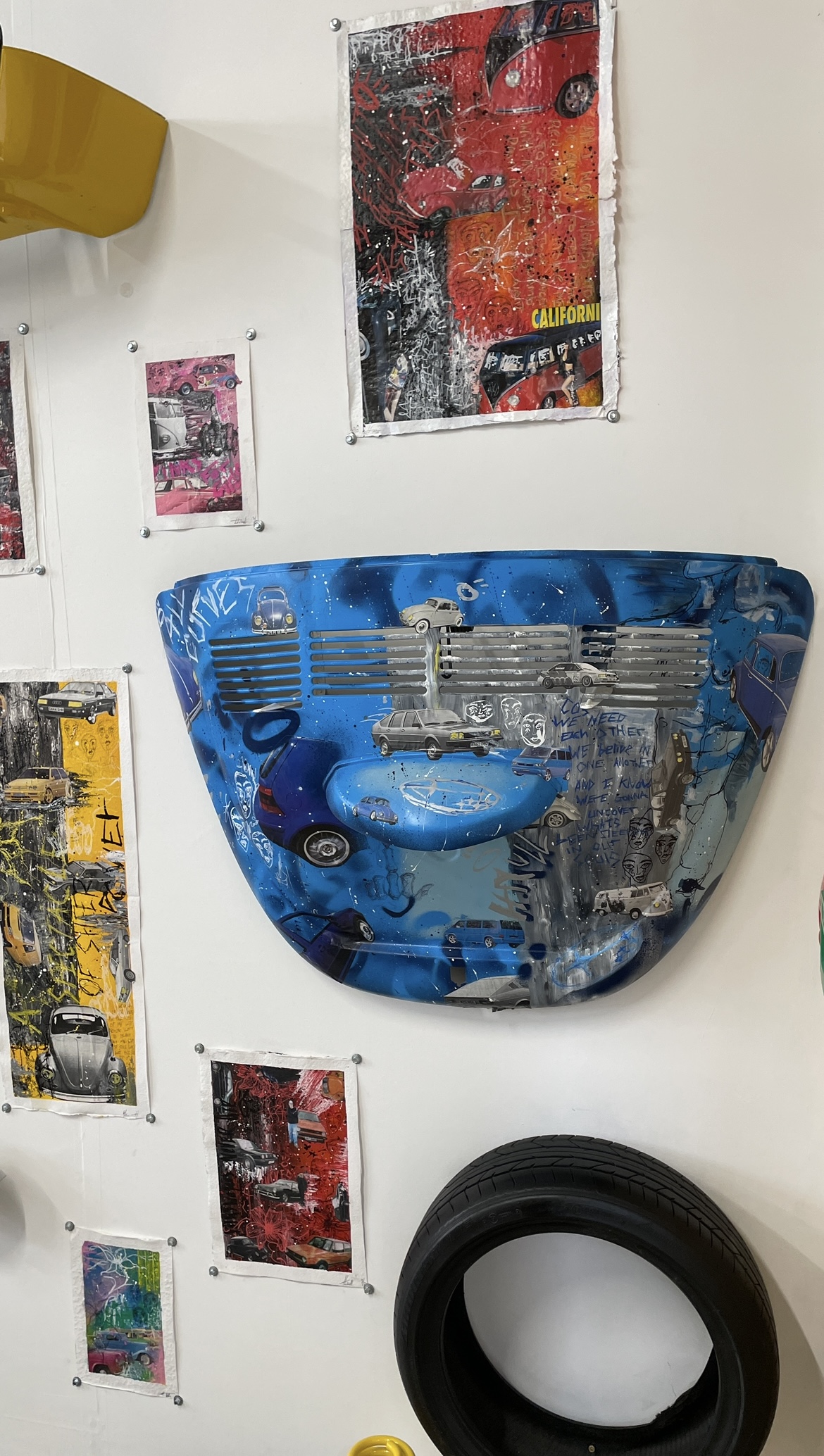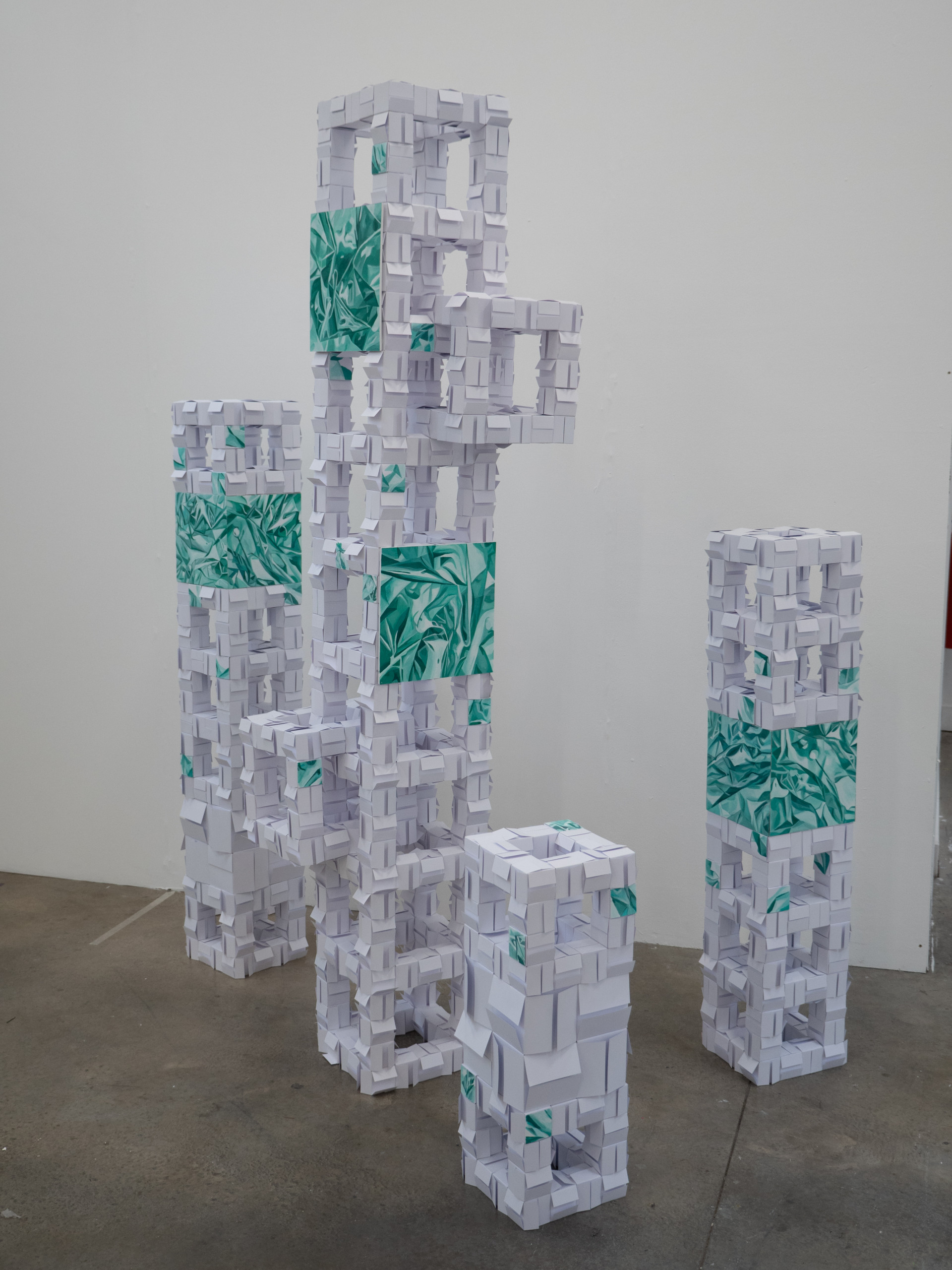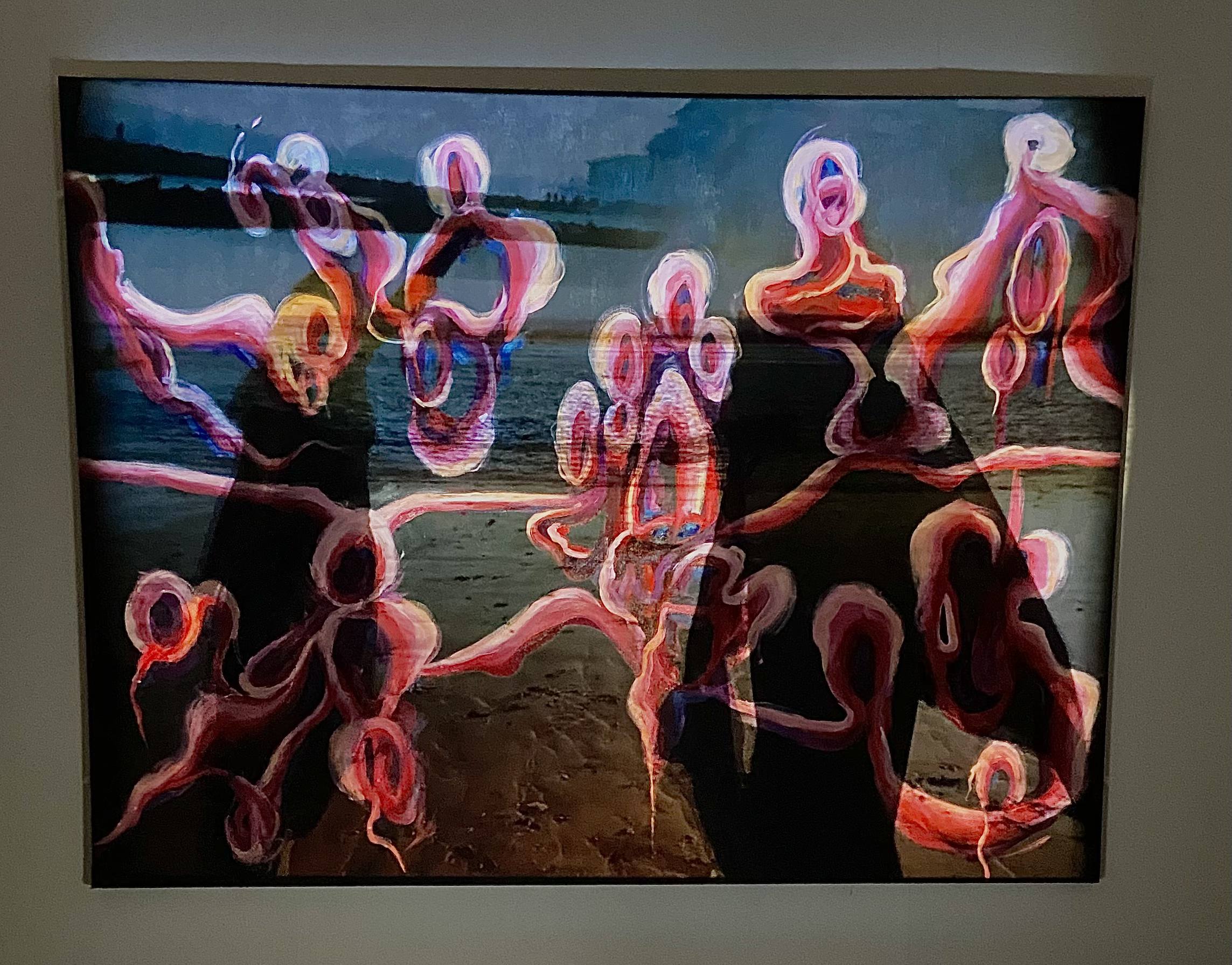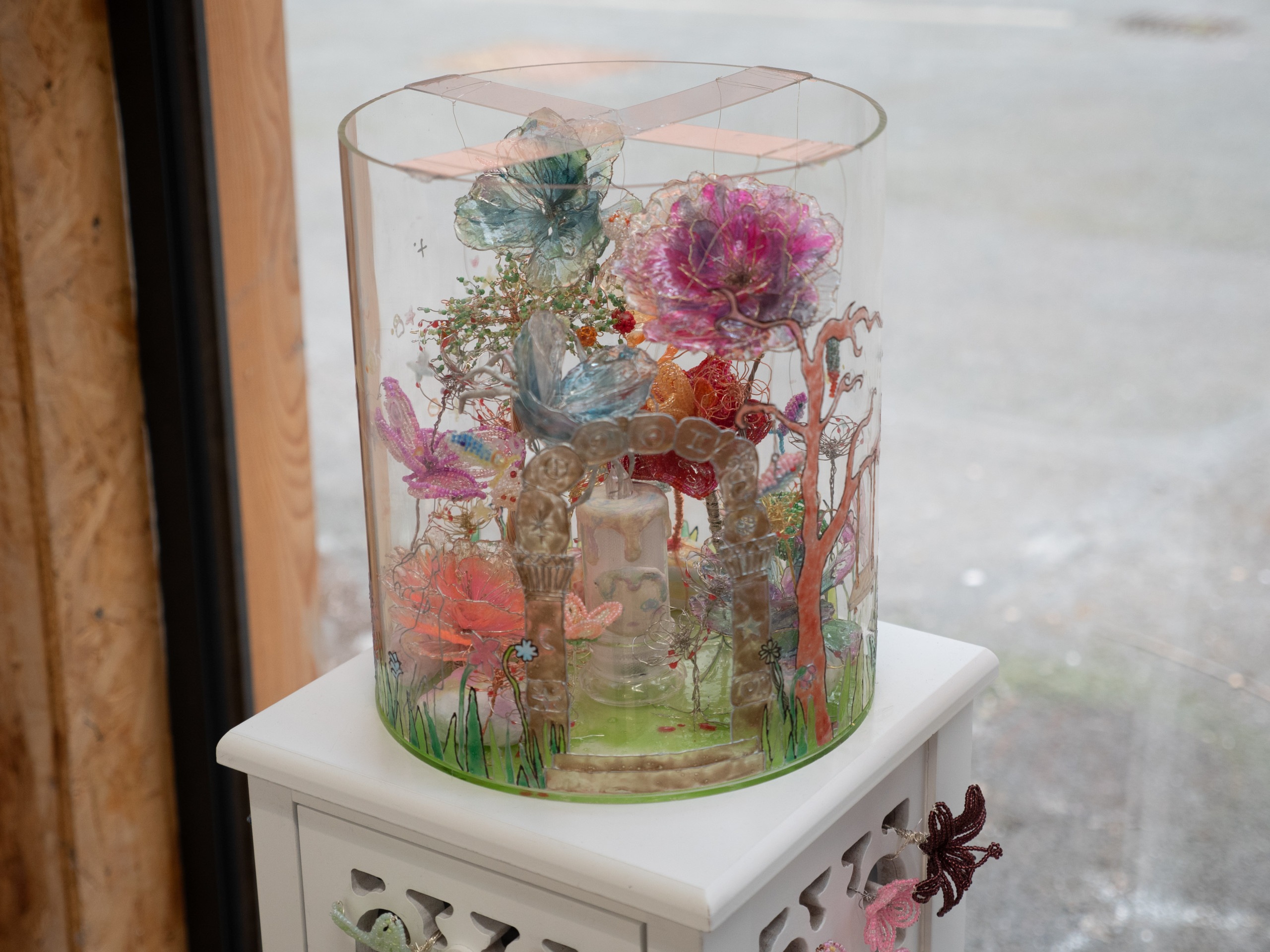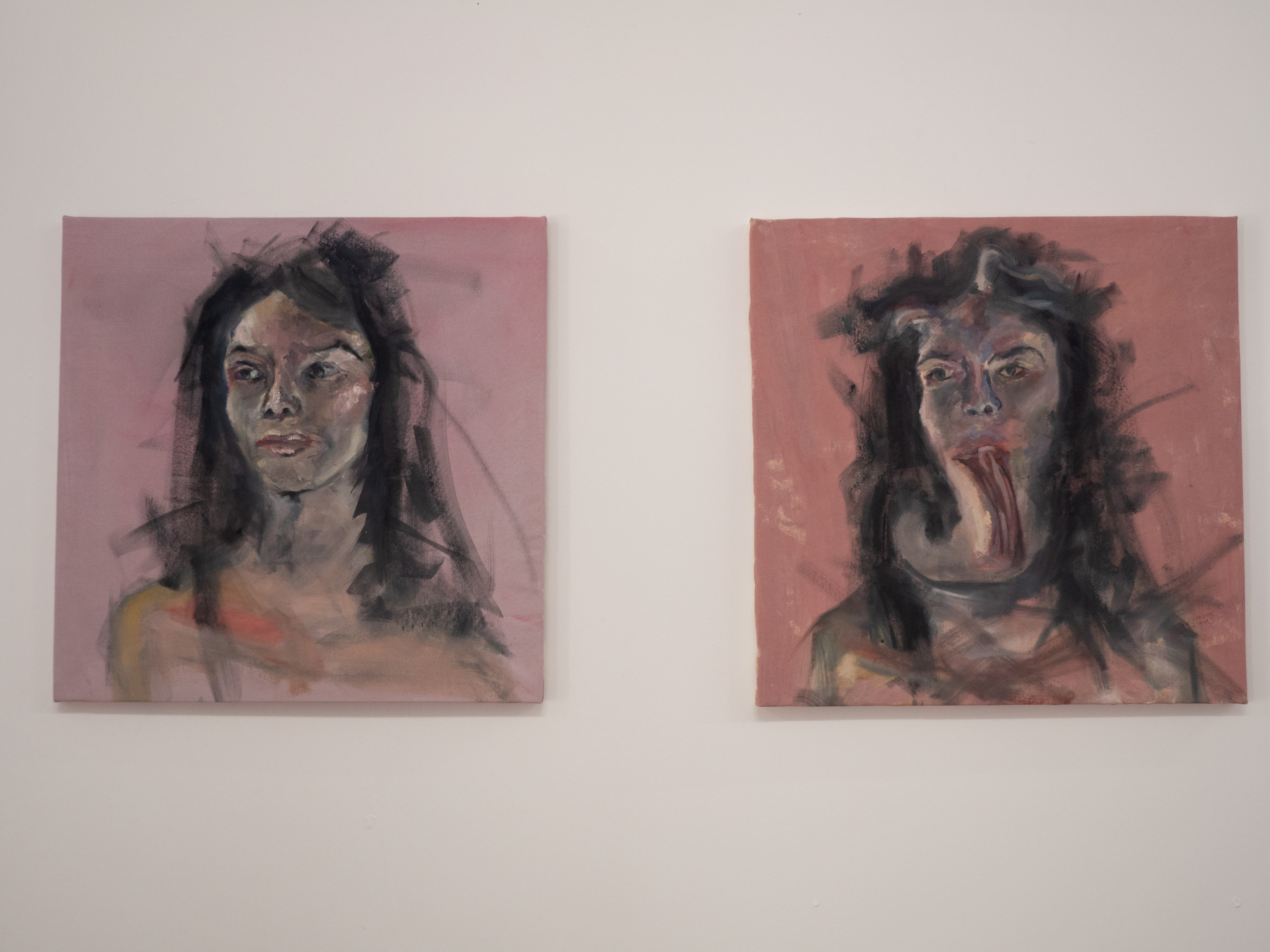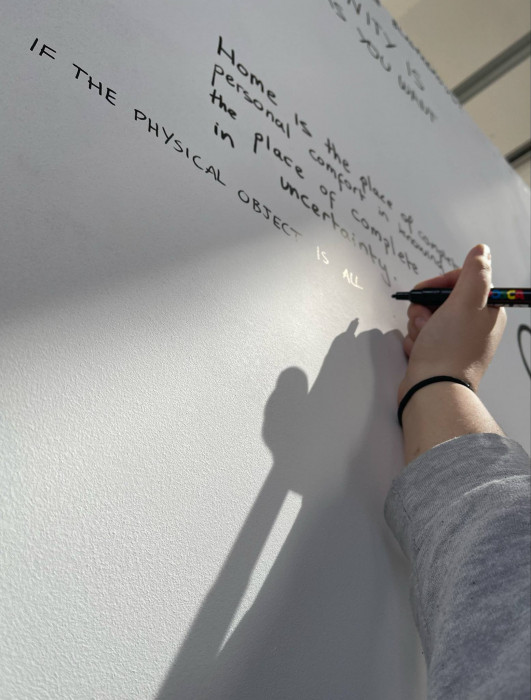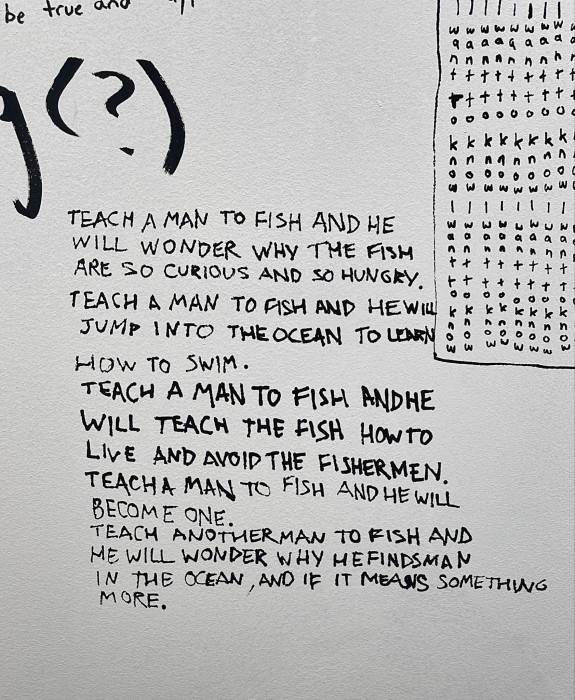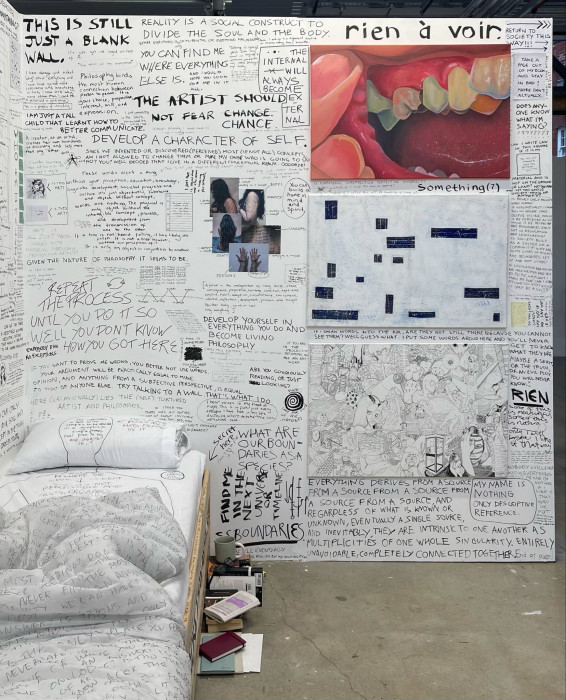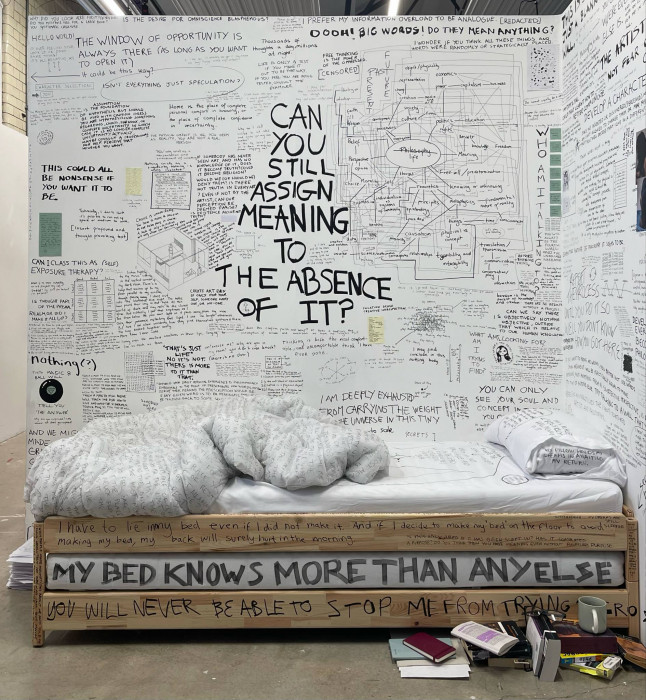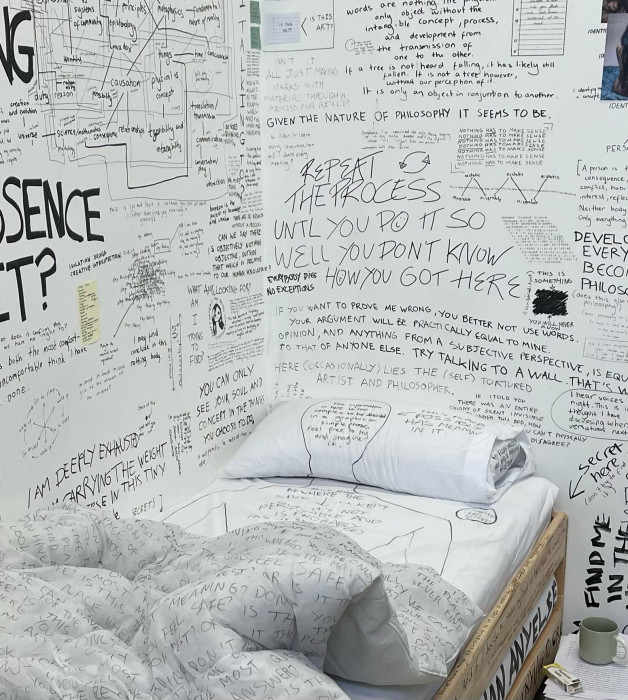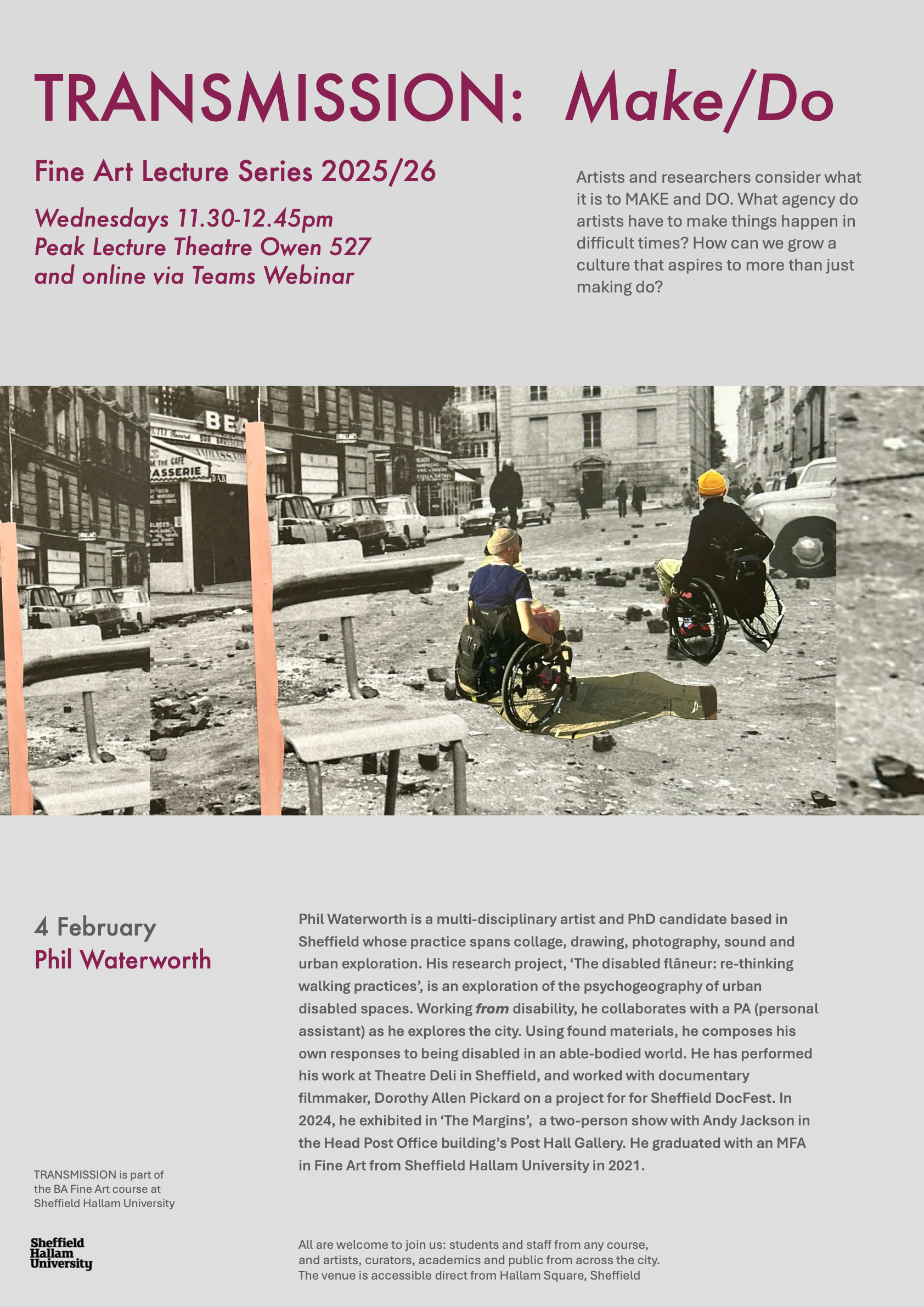
Inspired by the introspection of belief, choice, and thought in developing the ‘self’ in philosophical research, this piece consists of the exploration of the intrinsic nature of philosophy in who we are, what we do, and what is around us. The work references philosopher Albert Camus’ writing titled ‘the myth of Sisyphus’ regarding the concept of absurdity and the meaning of life (considering difficulties as being a part of the absurdity of life, rather than meaningless and despairing). Additionally ‘Elysium’ – mythical place of rest – often referenced in philosophical work, and here presented as the ‘tortured’ artist’s bedroom. The birthplace of spiralling thought, isolation, and a ‘resting’ place. This is a cumulative representation of the different self-reflections and processes which arose in the exploration of philosophy, and the analysis of its socio-political effects, particularly for education and pedagogy. This includes Rajwadi’s personal experience of education and socio-political constraints.
A heavily personal piece, only partially relatable to others, made this greatly fitting to her work on how intangibility can be made tangible. Having spent her practice considering format, mediums, and research as a direct dialogue in making something intangible, tangible, she realized philosophy being intrinsic to everything, made it personal to everything ergo everyone.
This translated into perceptions, expression, and communication. What one person perceives and understands distinctly from another. It came down to circumstances (by chance/choice), and subjective morality (consequential from experiences, choice, religion, beliefs). She could display an entirely personal context, never completely understood due to each individual’s personal ontologies. There’s always going to be something perceivable and something unperceivable. Both in concept versus object, and affective/circumstantial abilities of comprehension. It is an extract from her independent and isolated self, presenting the intangible and tangible simultaneously through the simple nature of life and philosophy’s effect on it.

